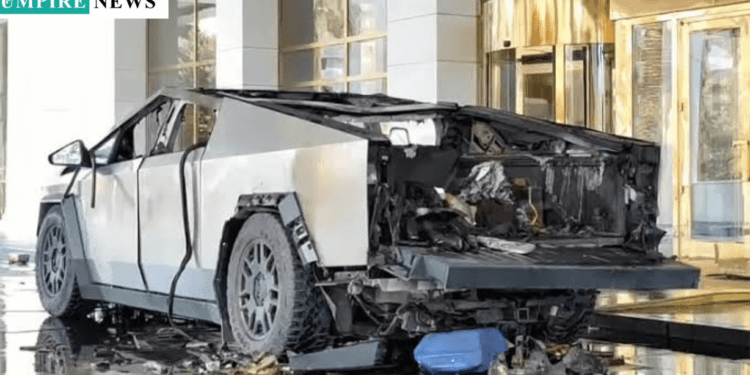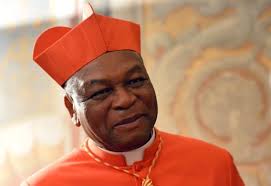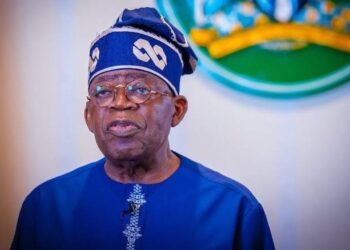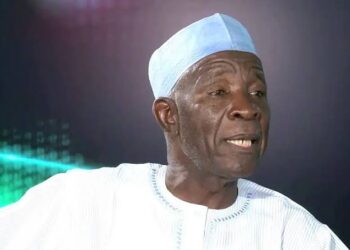In a tragic and perplexing turn of events, a Tesla Cybertruck packed with fireworks exploded outside the Trump International Hotel in Las Vegas, killing 37-year-old Army Green Beret Matthew Livelsberger. Authorities revealed that the soldier, who had recently returned from an overseas assignment, died from a self-inflicted gunshot wound just before the explosion.
The blast, which injured seven people, caused little damage to the hotel itself, thanks to the robust steel body of the Cybertruck, which absorbed much of the explosion’s force. According to Clark County Sheriff Kevin McMahill, the device was crude in nature, and the explosion was “vented out and up” rather than impacting the nearby hotel. However, the motives behind the incident remain unclear, and authorities have not ruled out any potential ideological or political connection to the location or the use of a Tesla vehicle.
Livelsberger, a highly decorated soldier with numerous commendations, had served in the Army since 2006. He was known for his combat service in Afghanistan, Ukraine, and several other countries. Authorities are investigating whether personal struggles led to the soldier’s tragic decision. Reports suggest that a possible domestic dispute shortly before the attack might have played a role in his actions.
The truck, which Livelsberger rented in Colorado, contained multiple fireworks and two legally purchased firearms. Investigators are piecing together the timeline of the vehicle’s journey across various states, and they have confirmed that Livelsberger was the sole individual involved in the incident.
While initial reports raised suspicions about a link between the attack and Las Vegas’s political significance, no clear evidence has emerged to suggest that Livelsberger’s actions were driven by political ideology. The incident occurred hours after a deadly attack in New Orleans, which police are investigating as a possible terrorist act. However, there is currently no evidence suggesting a connection between the two events.



































